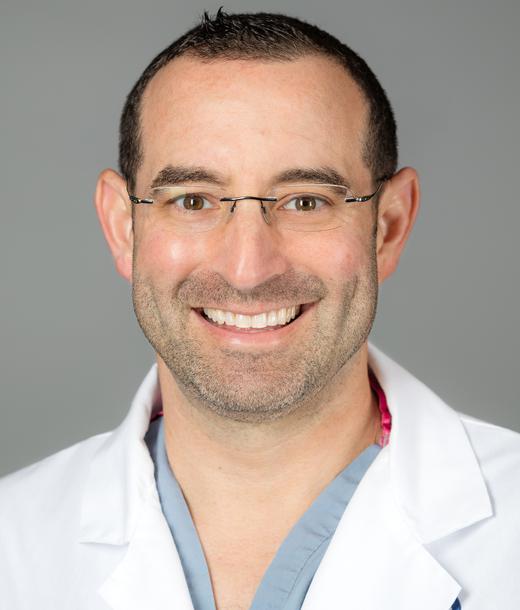Percutaneous Hepatic Perfusion Should Be Done First and Early for Metastatic Uveal Melanoma Patients
Percutaneous hepatic perfusion (PHP) is effective in treating patients with metastatic uveal melanoma. That’s the finding from the phase III FOCUS trial Moffitt Cancer Center and Delcath Systems, Inc. presented at the American Society of Clinical Oncology’s annual meeting held in Chicago this month.
Moffitt surgical oncologist Jonathan Zager, MD, says data shows that PHP performed with the HEPZATO KIT should be done as a first-line treatment for metastatic uveal melanoma patients. He says it proved better than the best alternative care therapies available at the time the trial was conducted.
“We should convince the community to use this treatment in first line, as there is data to support treating patients with low burden of disease and as first line will give them best chances at a response,” Zager said.
Uveal melanoma is a cancer that originates in the eye. Roughly 4,500 people receive the diagnosis each year. About half of those patients will develop metastatic disease, with 90% of those metastases being solely or predominately in the liver.
While the disease is difficult to treat, Zager says PHP performed with the HEPZATO KIT represents an option for patients that is well tolerated and works.

"This is a breakthrough therapy that will help a patient population that historically does very poorly and has very few treatment options,” he said.
PHP perfusion uses a series of catheters and balloons to isolate the liver from the body’s circulatory system, allowing for high dose chemotherapy to be delivered directly to the liver only. The blood is collected as it exits the liver and filtered outside the body via a bypass circuit to remove any remaining chemotherapy. Patients can receive percutaneous hepatic perfusion up to six times, usually performed six to eight weeks apart.
PHP can also be used in patients who have failed prior therapies. It has shown good response rates in this patient population, but Zager says the treatment is still best if it is administered first. If it is unsuccessful as a first-line treatment, patients can move on to other systemic therapies.
“On the flip side, if we don’t use PHP early in the treatment there could be a chance the patient becomes ineligible for PHP due to progression in the liver or progression to numerous sites outside the liver that cannot be treated between PHPs,” Zager said.
PHP has already been incorporated into the standard of care regimen for patients with metastatic uveal melanoma since the FDA approval of the HEPZATO kit in August 2023. Moffitt is just one of about a dozen institutions treating patients commercially. The cancer center has performed PHP almost 300 times through trials and now as standard of care, with about 20 cases performed since commercial availability in early January 2024.
It’s a start, but not enough, Zager said.
“Our goal is getting more and more people using this type of treatment,” he said. “We have patients coming to us from across the country on a daily basis.”



